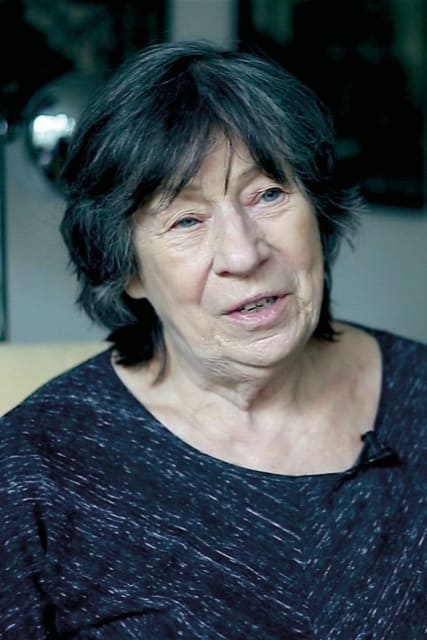
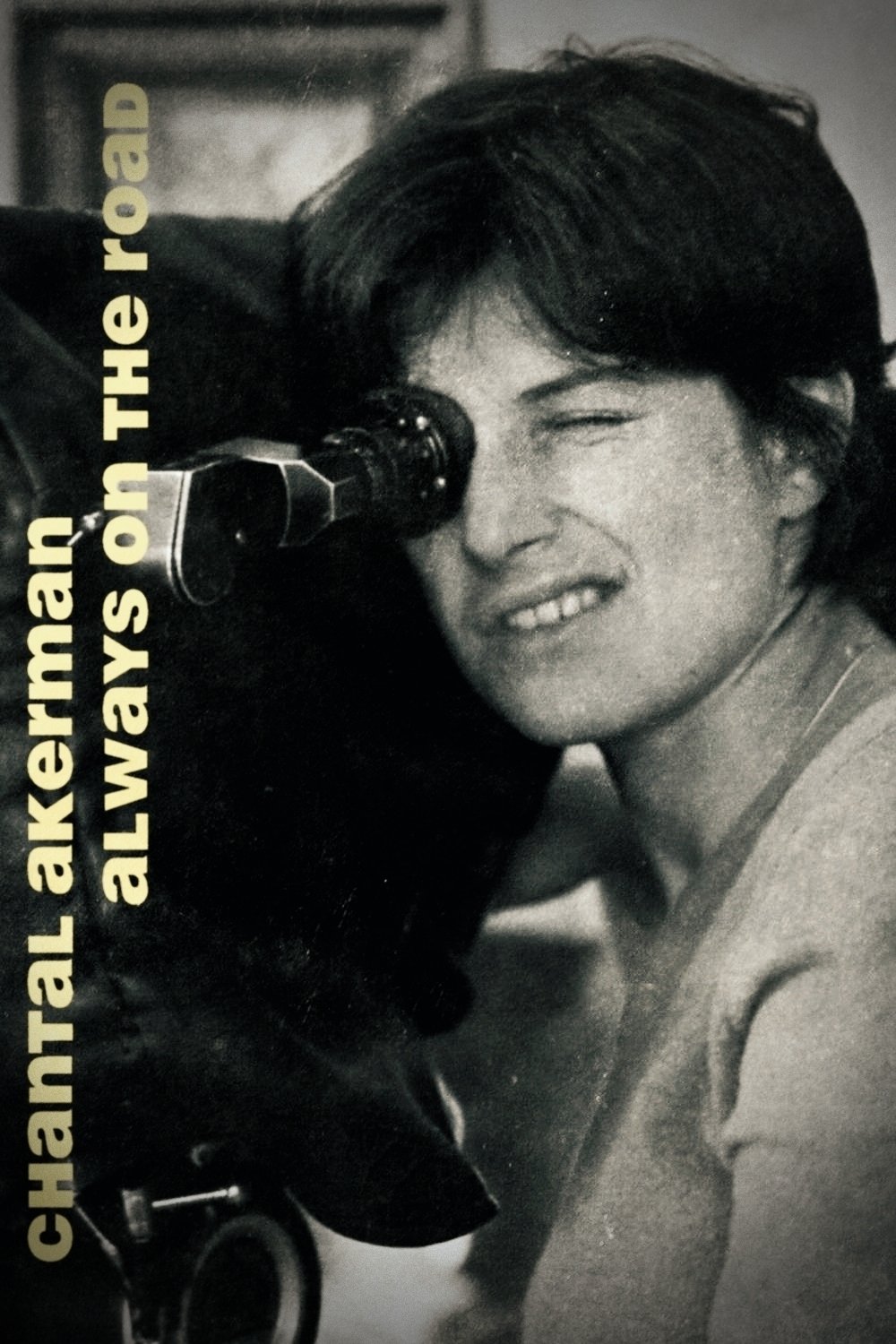
An analysis of the work of Belgian filmmaker Chantal Akerman (1950-2015), an experimental and innovative artist, both in content and form, who has left her mark on cultural memory and on the creations of other artists.
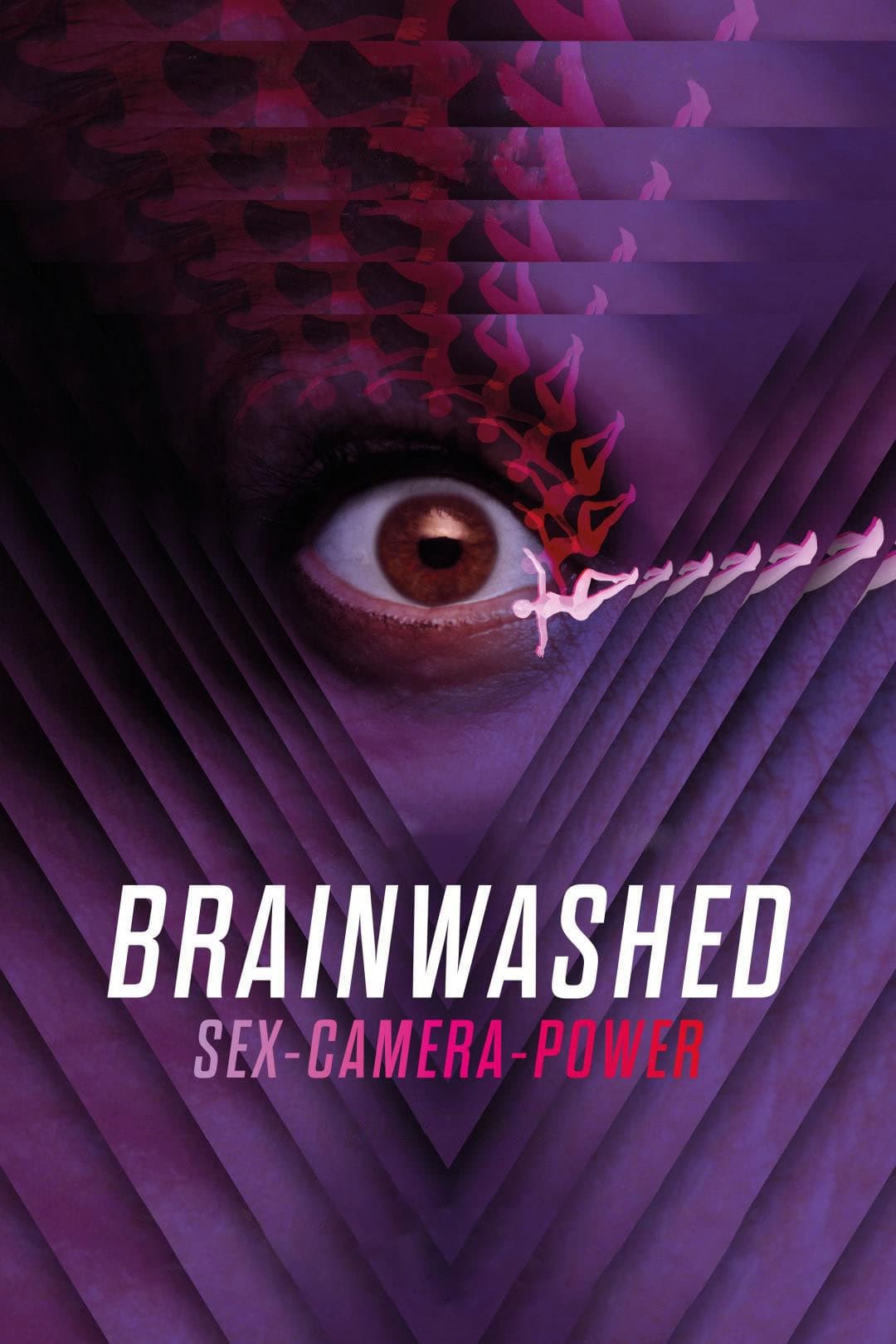
Investigates the politics of cinematic shot design, and how this meta-level of filmmaking intersects with the twin epidemics of sexual abuse/assault and employment discrimination against women, with over 80 movie clips from 1896 - 2020.
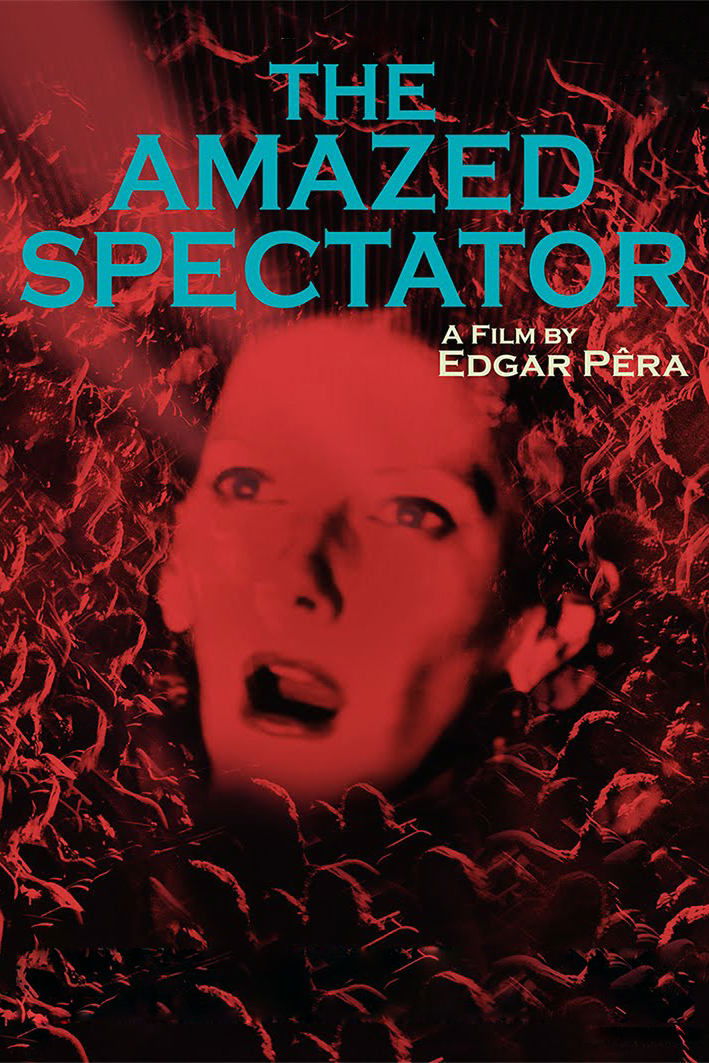
A kino-investigation about spectatorship, a continuous conversation between different kinds of spectators: which one is more cinema: Citizen Kane on a mobile phone or a football game projected in a cinema theatre? What is the cinema of uncertainty? How many kinds of amazement exist? Does fear and belief precede amazement? What are the rights and duties of the spectator? Is the essay film a manifesto against voyeurism? Should spectators be paid? What amazes the spectator of this day and age?
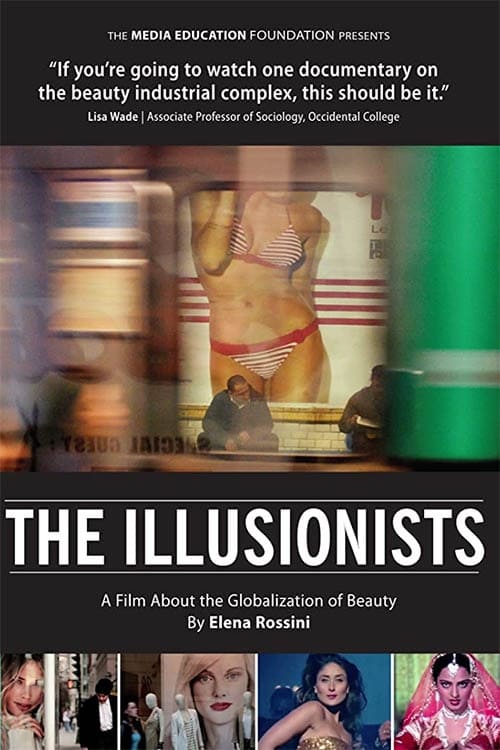
Sex sells. What sells even more? Insecurity. Multi-billion dollar industries saturate our lives with images of unattainable beauty, exporting body hatred from New York to Beirut to Tokyo. Their target? Women, and increasingly men and children. "The Illusionists" turns the mirror on media, exposing the absurd, sometimes humorous, and shocking images that seek to enslave us.
Laura Mulvey is a British feminist film theorist. She was educated at St Hilda's College, Oxford. She is currently professor of film and media studies at Birkbeck, University of London. She previously taught at Bulmershe College, the London College of Printing, the University of East Anglia, and the British Film Institute. Mulvey is best known for her essay, "Visual Pleasure and Narrative Cinema", written in 1973 and published in 1975 in the influential British film theory journal Screen. Mulvey also was prominent as an avant-garde filmmaker in the 1970s and 1980s.
By browsing this website, you accept our cookies policy.